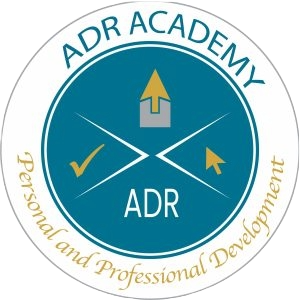Short Course Description
The Influence of Religion in Family Law Cases: Agreements and Religious Tribunal Awards. This course is approved by Florida Bar CLE: General 2.0 and Bias Elimination 2.0 | Texas Bar CLE/MCLE 2.5 Ethics, and is eligible for 2.0 CME for Florida Supreme Court Certified Mediators. This course addresses the influence of religion in family law cases when the court is asked to enforce or to set aside an agreement between the parties that contains terms about religion or to enforce or vacate an award form a Religious Tribunal. The United States is a pluralistic and religiously diverse society. Religion plays an important role in the life of many people. Freedom of religion is deeply woven into the fabric of our history and culture. To better appreciate the underlying issues, the responses, and actions of the parties, family law practitioners can benefit from a basic level of religious literacy. The course begins with an introduction to the need for acquiring some level of religious literacy and adopting the 3 R’s outlined in the Williamsburg Charter, i.e., Rights, Responsibility, and Respect. The material provides basic review of the First Amendment, Free Exercise clause and Establishment clause and the impact of the Religious Freedom Restoration Act. We next consider the generalized views on marriage, divorce, and domestic violence as reflected in the three Abrahamic religions, Christianity, Judaism, and Islam. This leads to the practical aspects, including the consideration of the secular court interpreting, enforcing or vacating, agreement that include provisions related to religion. Next we consider the secular court enforcing or vacating awards from a Religious tribunal.


